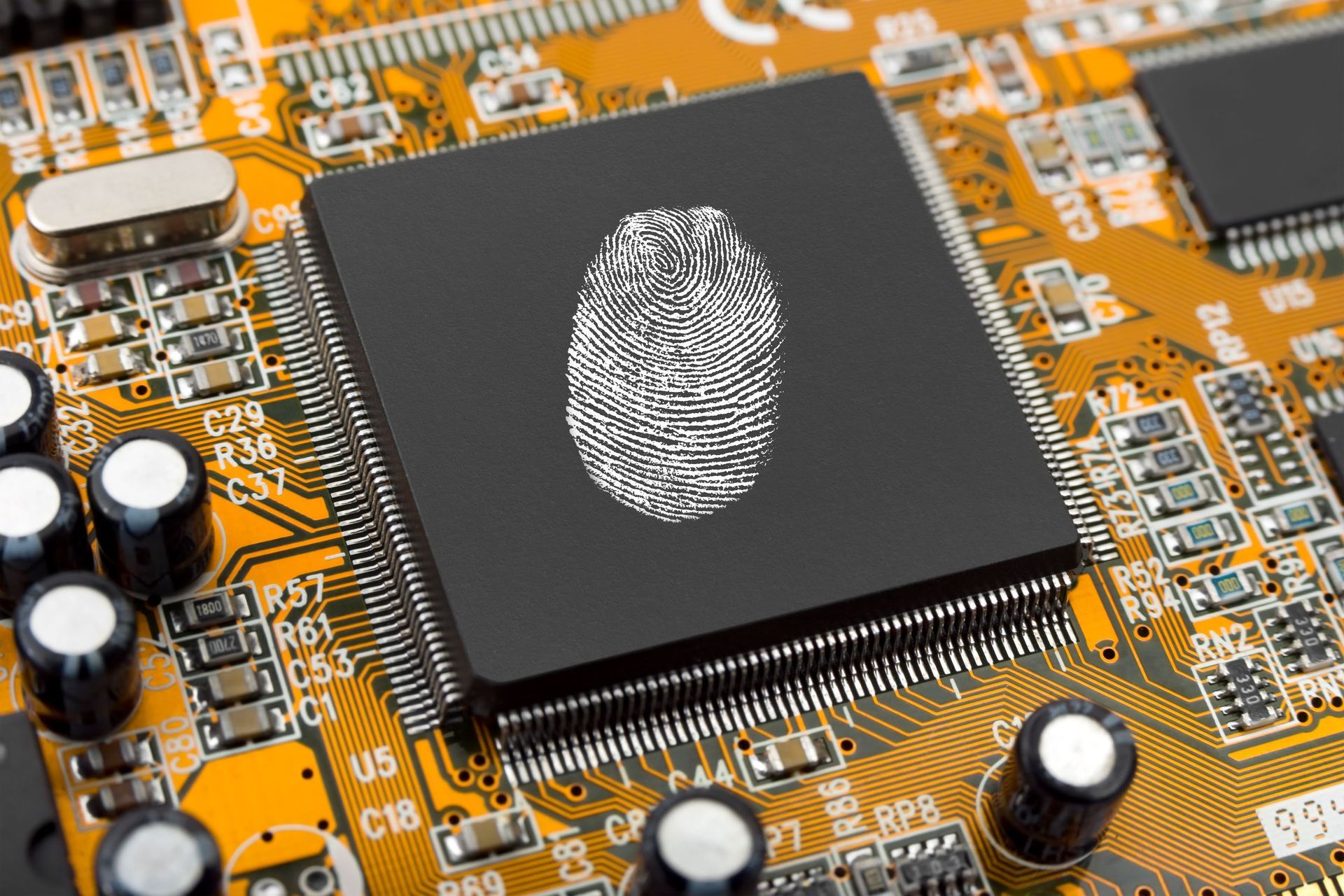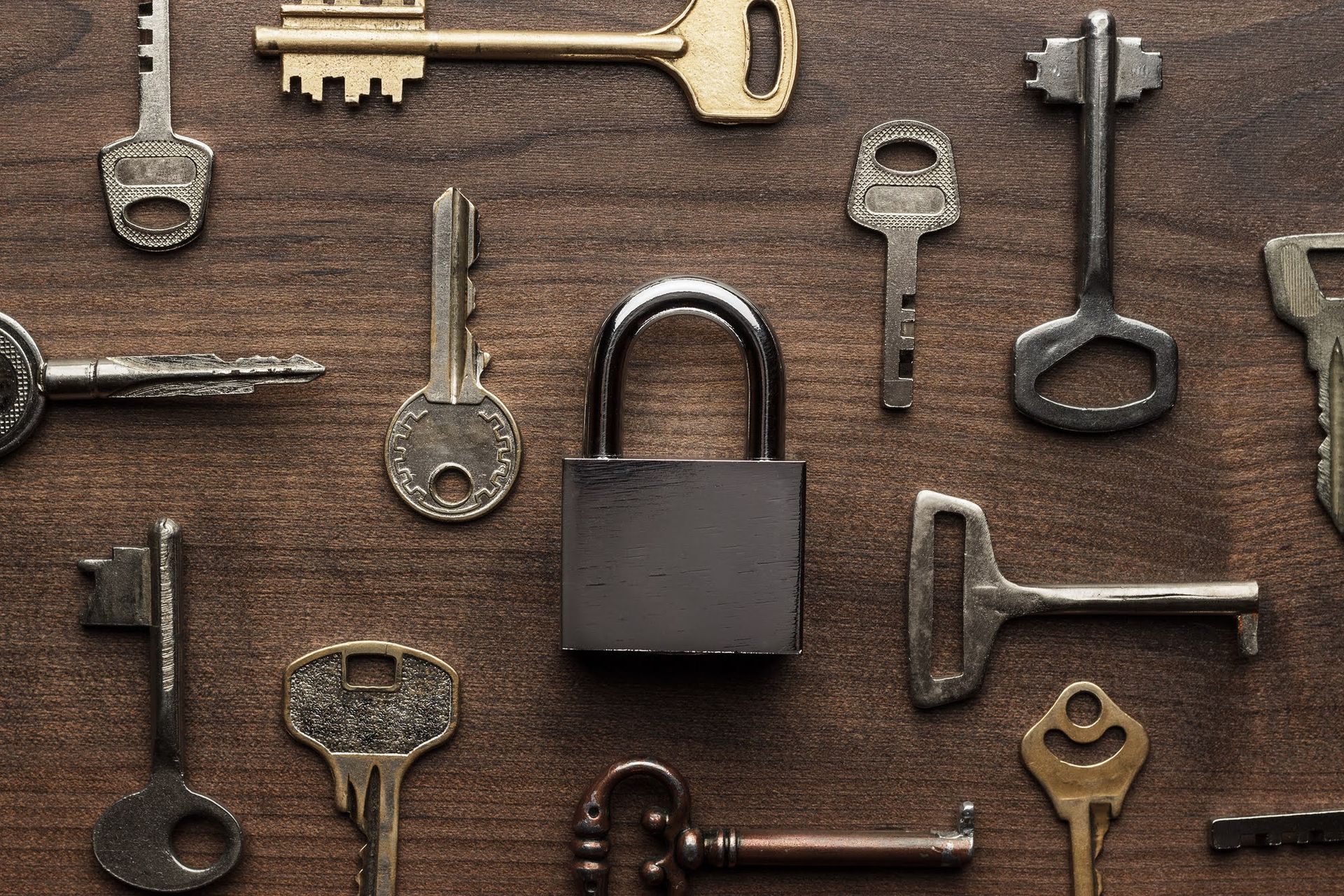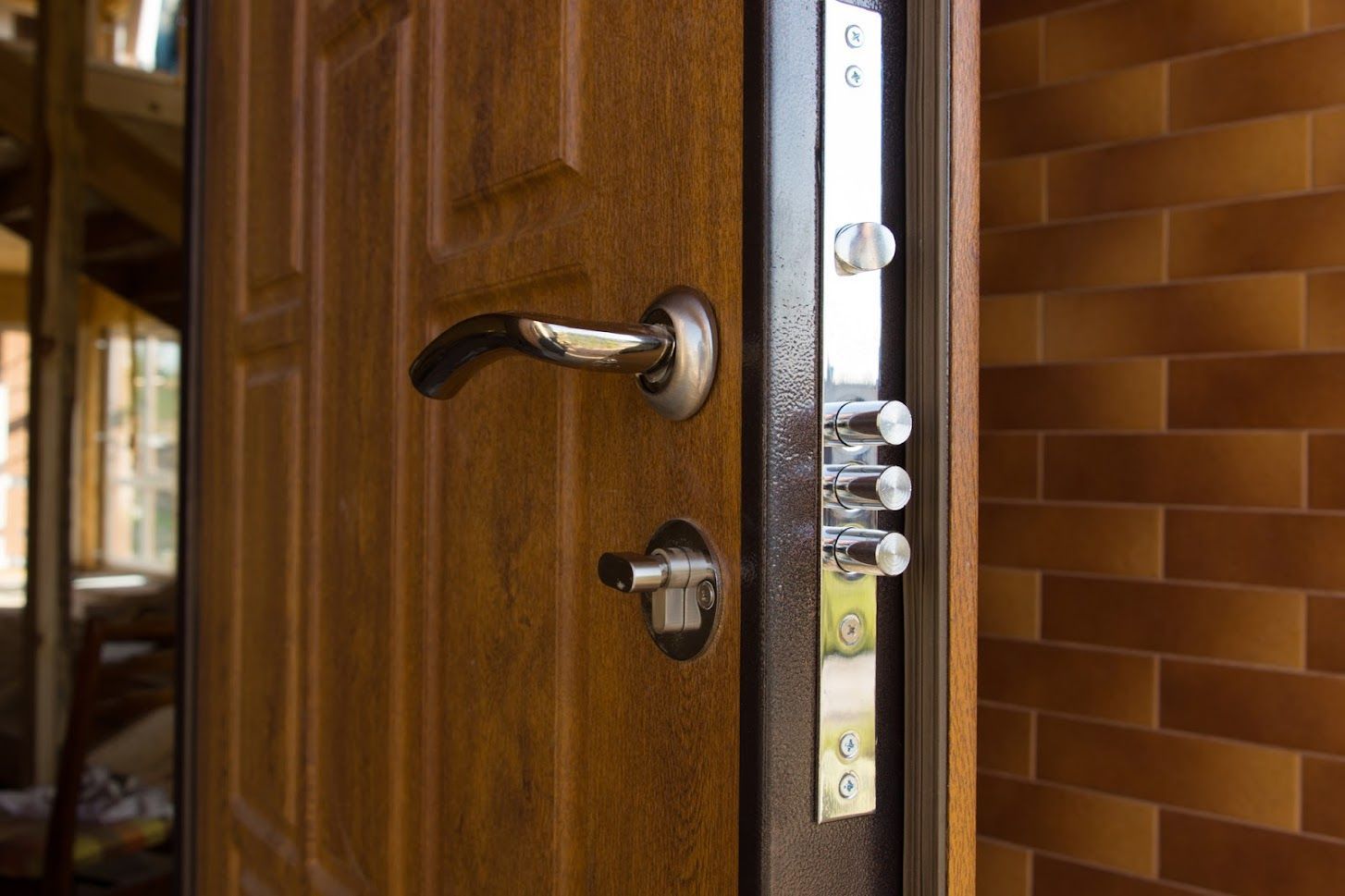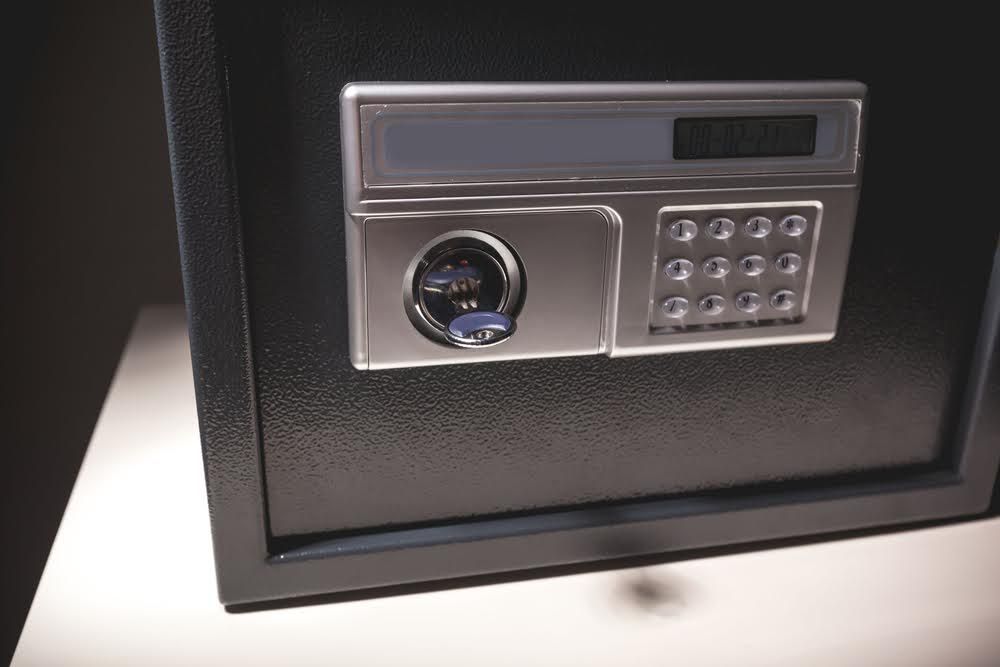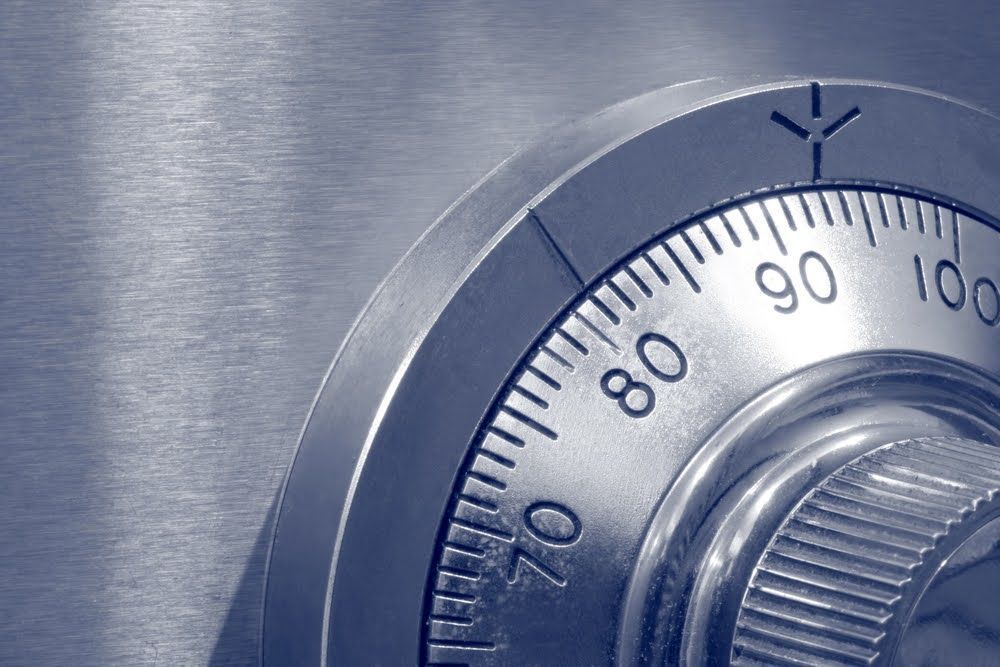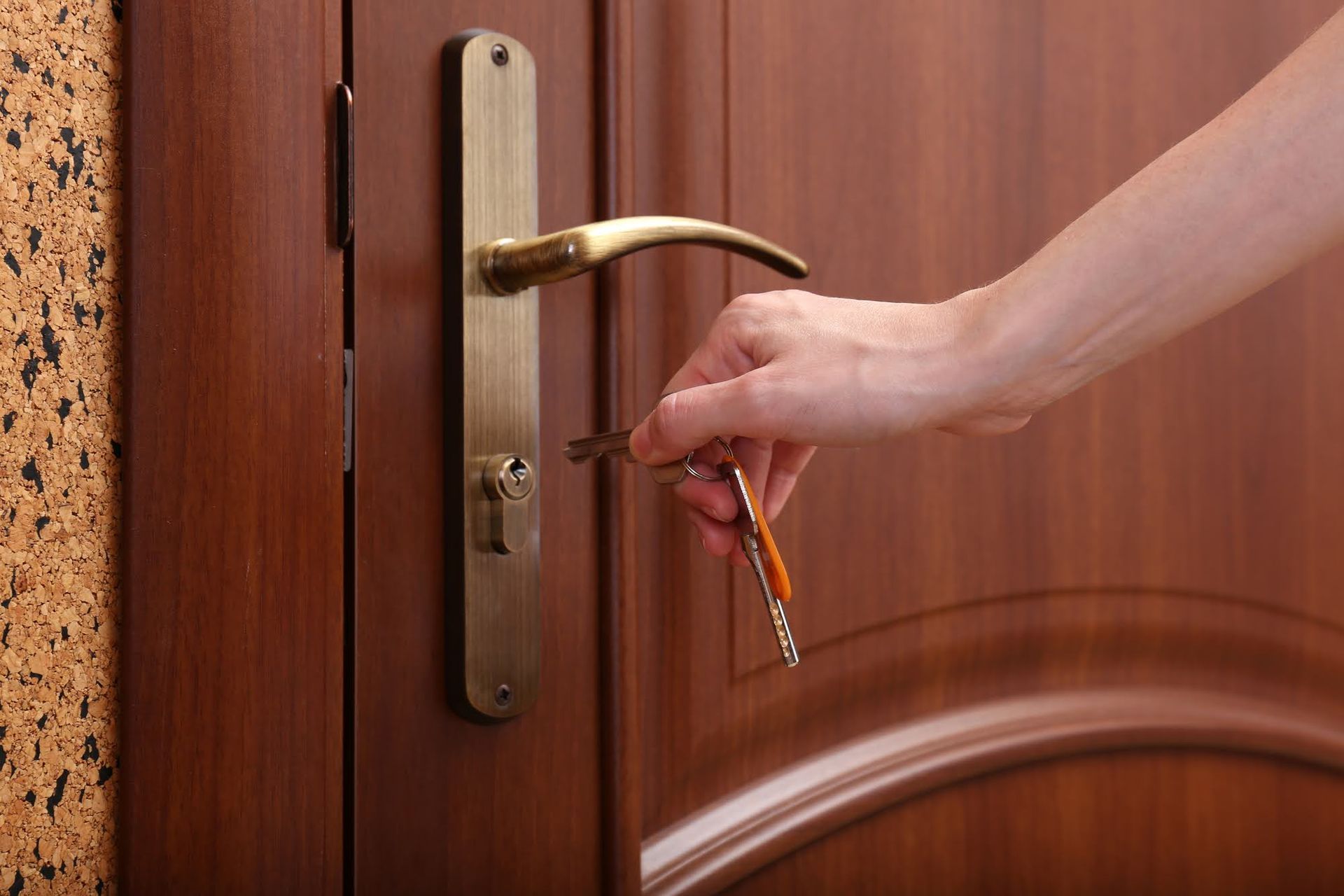CALL US NOW! 713-643-5767
Se Habla Espanol
4 Tips To Ensure Your Lock Operates Correctly
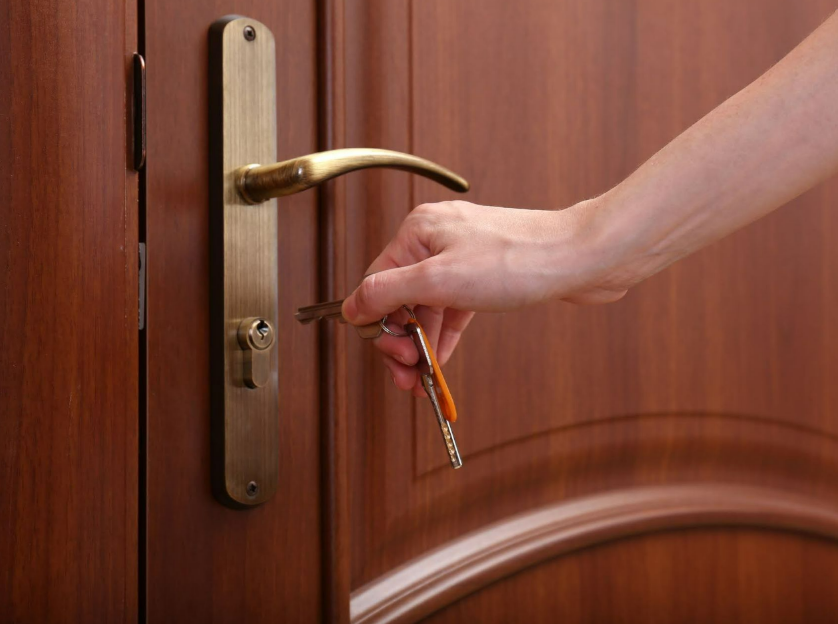
Like every homeowner, you trust your locks to keep your home and belongings safe daily. However, like any mechanical device, locks can sometimes fall into disrepair, compromising their ability to perform their essential function effectively.
Whether it's your front door lock or a lock that safeguards your most prized possessions, understanding how to maintain your locks' reliability ensures your residence's security. Discover four invaluable tips to ensure that your lock operates flawlessly.
1. Cleaning
Maintaining a clean lock will help keep the interior of the lock free of debris that could impede its operation, such as dust and dirt. Find out if your locks have any unique cleaning specifications by consulting the manufacturer's guidelines. Harsh chemicals can remove the protective coating from your locks, making them more vulnerable to harm from normal use.
If your lock has no specific needs, use a bottle of compressed air, a soft cloth or toothbrush, some warm water, and a gentle cleaning like mild soap or detergent. Pay close attention to the door's latches, deadbolts, keyways, hinges, tracks, strike plates, and thresholds. You only need a moist cloth and some light soap or detergent to clean the lock's exterior. Remember to give it a good drying after you are done.
2. Lubrication
Every six months or at the very least annually, lubricate your locks to prevent them from sticking or becoming harder to turn. However, only lubricate the locks after cleaning them.
To lubricate the lock's interior, apply a small amount of lubricant using a precision applicator. Dry lubricants like graphite powder are ideal to lubricate the keyhole. Gently insert the key and turn it back and forth a few times to ensure the lubricant is evenly distributed. Repeatedly inserting and withdrawing the key from the lock will assist distribute the lubricant over the length of the lock's moving parts.
Wipe away any excess oil with a clean cloth. This will help ensure the smooth operation of the lock and prevent any potential damage or wear over time. You can use silicone, petroleum or silica-based lubricants, for the hinges.
3. Proper Use and Duplication
Always be careful when handling keys. Never push them or apply pressure if you meet resistance. If you do this, you risk breaking the key or the locking mechanism. Rather than use the door handle or another item to jam the key in the lock, always apply gentle pressure to the key to unlock and close the door.
To prevent harming the key or the lock's mechanism, insert and rotate the keys carefully. Regularly check the key for any deterioration or damage. Flexibility, corrosion, deterioration, or other telltale indicators of age necessitate remaking or replacing the key.
Only produce copies from the original key to guarantee the accuracy of duplicates. Even if you make a copy of a copy, the tiny variations between them will eventually compromise the lock's security. Keep the original key safe and use it solely to duplicate it.
4. Inspection
Double-check that your door is hung properly before proceeding with a thorough examination of the lock. If the door is not properly aligned or sags, it will place undue stress on the lock, making it difficult to open and close. Any of these issues and an unequal gap on every side of the door indicate that the door has not been hung properly.
The next step is to examine the lock for any signs of damage or wear. Verify the absence of any rust or corrosion and the tightness of all fasteners and fittings. Inspect the whole mechanism of the lock for any indications of deterioration or abuse, and look for any loose pieces.
Lastly, check that the lock opens and shuts properly. Test the lock's ease of opening by activating the release catch. Repeatedly locking and unlocking the door will help determine how well it operates. Verify that the latch or deadbolt engages the strike plate properly. Ensure the lock has not lost functionality by inspecting these parts for scratches and chipping.
Contact us at Dixie Safe & Lock Service to replace or repair your locks if you live in Houston, TX, and surrounding areas.
-

Slide title
We had a great experience with Dixie Electronic! They arrived within 20 minutes and took care of the job promptly. Their employees are skillful and friendly. Overall, we recommend these guys.
– Carrie M.
READ MORE! -

Slide title
The service provided by this company was amazing. The guys who did the job were very professional and polite. These guys have earned my future business, would really thank you for helping me out in such a situation when I lost my car’s key.
– Karen K.
READ MORE!


